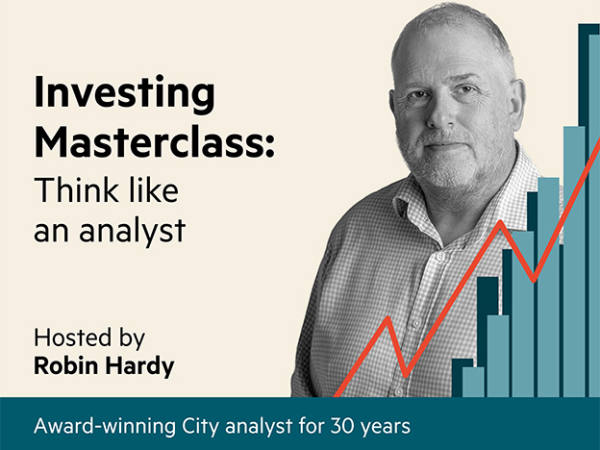Feeling down? It turns out this means you are more likely to invest in ESG products. That’s according to a recent paper from Alexandre Garel, Adrian Fernandez-Perez, and Ivan Indriawan in the Economics Letters journal. The authors found that sadness and depression are associated with the decision to put money into “sustainable” investments.
This conclusion is based on the idea that a worse mood leads to more cautious behaviour, combined with the perception that ESG products are “more trustworthy and have fewer structural, legal and reputational risks”. The paper also tests the contrary idea that it is happy investors who are more likely to invest in ESG, as they may feel more charitable and want to invest in socially beneficial instruments. But the sad hypothesis came out the winner.
A connection with gloom is not a great selling point for ESG. But this research highlights the temptation for investors to rely on emotion and perception over proper analysis when it comes to financial decisions.
The problem is that this exposes investors to the risk of huge losses. This is especially true when decisions are unmoored from company fundamentals. When it comes down to it, emotive investing is much more like gambling. Just ask anyone with assets in the recently bankrupt crypto exchange FTX.
Even professional investors succumb to emotions. Research from behavioural finance fintech Oxford Risk found that the most common error seen by wealth managers is impulsive decision making which can prove catastrophic for their long-term prospects. “Emotions and personality are at the root of most of the common mistakes wealth managers see”, said the company’s head of behavioural finance Greg Davies.
For investors anxious about volatile markets and tempted to use emotive decision-making, there are concrete steps which can be used to take back some control.
One of the most important things to consider is fees, given the material impact this has on portfolio values. Fees compound just like investment returns do. Charlotte Ransom, chief executive of wealth manager Netwealth, told me that "a lack of awareness about all-in wealth management fees and their impact is the least well understood problem" facing investors and that “investors are generally overpaying by at least 1 per cent each year".
We are all guilty of letting emotions run away with us sometimes but fees are something investors very much have control over. Dig into and understand the fees you are paying and consider moving, if necessary, to a more competitive provider or product.
There are significant differences between providers, as the chart demonstrates, and intricacies to consider. If you have a stocks and shares ISA with Hargreaves Lansdown, they will charge you a 0.45 per cent custody fee each year on your fund holdings up to a value of £250k, which compares to 0.25 per cent from AJ Bell. But Hargreaves is free for fund dealing whereas AJ Bell charges £1.50 a pop. Share trading fees and management charges are also different between these two providers and across the market.
So, there is lots to think about. Be sure to consider the whole range of charges, and don’t pay more than you need to. Regain control over investing – don’t let apathy or a bad mood win when it comes to your portfolio’s value.
-
This content is published weekly in The Squeeze newsletter, which is a fresh, new take on investment news giving less experienced investors the what and why of the latest pressing stories. Delivered every Friday.
Click here to sign up to receive The Squeeze newsletter every week.







